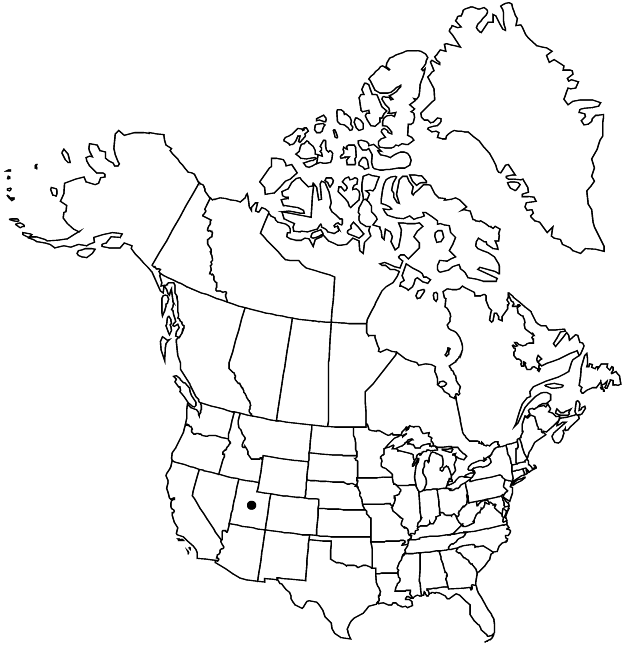Difference between revisions of "Eriogonum corymbosum var. heilii"
Phytologia 86: 125. 2004.
FNA>Volume Importer |
imported>Volume Importer |
||
| (4 intermediate revisions by one other user not shown) | |||
| Line 33: | Line 33: | ||
-->{{#Taxon: | -->{{#Taxon: | ||
name=Eriogonum corymbosum var. heilii | name=Eriogonum corymbosum var. heilii | ||
| − | |||
|authority=Reveal | |authority=Reveal | ||
|rank=variety | |rank=variety | ||
| Line 48: | Line 47: | ||
|publication year=2004 | |publication year=2004 | ||
|special status= | |special status= | ||
| − | |source xml=https:// | + | |source xml=https://bitbucket.org/aafc-mbb/fna-data-curation/src/2e0870ddd59836b60bcf96646a41e87ea5a5943a/coarse_grained_fna_xml/V5/V5_480.xml |
|subfamily=Polygonaceae subfam. Eriogonoideae | |subfamily=Polygonaceae subfam. Eriogonoideae | ||
|genus=Eriogonum | |genus=Eriogonum | ||
Latest revision as of 23:11, 5 November 2020
Subshrubs, 0.5–1.5 × 2–4 dm or 2–4.5 × 4–9 dm. Leaves cauline 1/4 length of flowering stem or 3/4 length of nonscapose flowering stem; petiole 0.1–0.3 cm; blade lanceolate to elliptic or oblanceolate, 0.5–2 × 0.3–0.6(–0.8) cm, densely tomentose abaxially, tomentose to floccose and greenish adaxially. Inflorescences capitate,1–1.5 cm wide, or umbellate or cymose, 2–4(–8) × 3–6(–12) cm, tomentose to floccose; branches tomentose to floccose. Involucres (2–)2.5–3.5 × 1.5–2.5 mm. Flowers 2–3 mm; perianth white to pink, glabrous or, rarely, sparsely pilose.
Phenology: Flowering Jul–Aug.
Habitat: Steep rocky slopes, subalpine conifer woodlands
Elevation: 2500-2800 m
Discussion
Variety heilii is known only from the upper Deep Creek drainage on the eastern slope of Thousand Lake Mountain in Capitol Reef National Park, Wayne County, where it occurs with Rocky Mountain bristlecone pine (Pinus aristata Engelmann).
Selected References
None.
